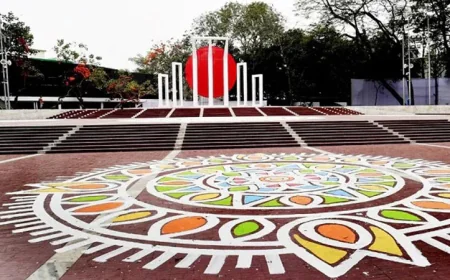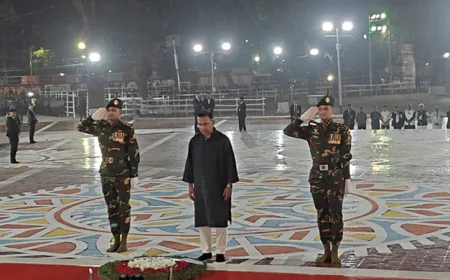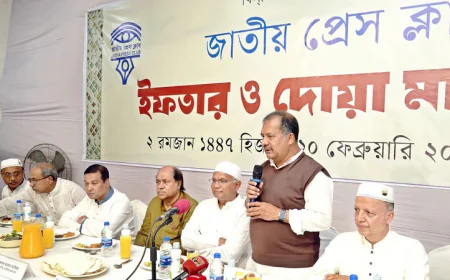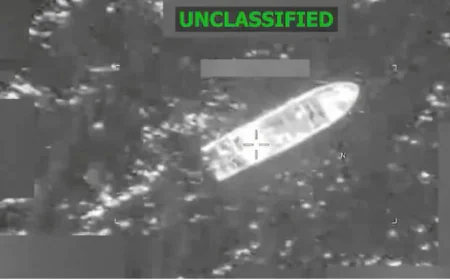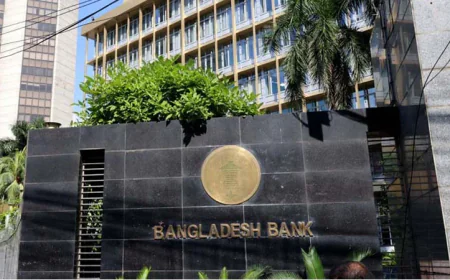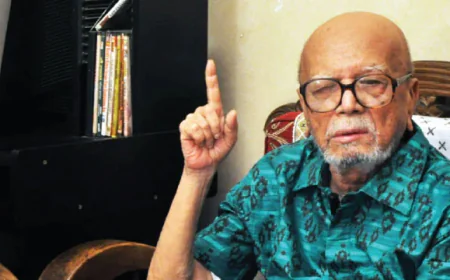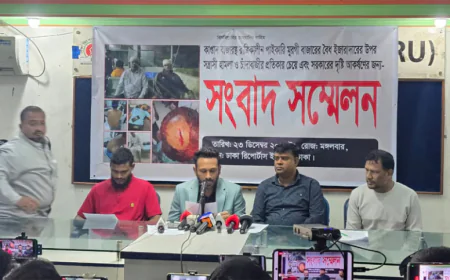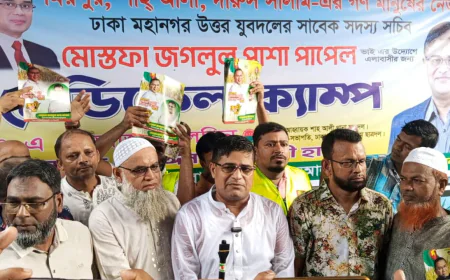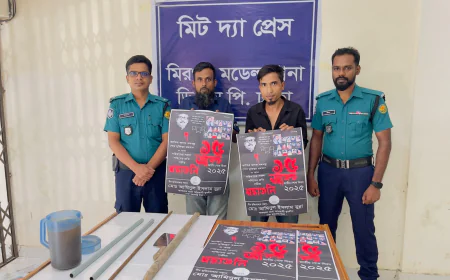Commission Uncovers Internal Divisions, Foreign Links in Enforced Disappearances

The interim government’s commission on enforced disappearances, in its interim report, said it found evidence of “internal dissent” within security forces alongside foreign involvement in the cases it studied. The report detailed several incidents where security personnel handling enforced disappearance cases expressed dissent—often at significant personal and professional cost. It concluded that enforced disappearances in Bangladesh were not isolated acts but part of a broader system in which “international enablers” played “decisive roles” alongside domestic security agencies. “Internal dissent within the security forces, especially on issues such as enforced disappearances, political neutrality, or institutional accountability, often carried adverse personal and professional consequences,” the report noted. The commission found that politicized institutional structures not only condoned but normalized and often rewarded such acts, while those who opposed them faced retaliation. One example cited was of an officer whose independent stance and refusal to conform to the official line led to his isolation. Before each new posting, colleagues were reportedly warned not to trust him, and he was trailed by fabricated accusations. His family’s communications were also monitored.
In another case, a young man described his brother’s psychological collapse after working in an intelligence agency. He had been ordered to compile a list of political dissidents and later discovered those listed were eliminated. Overwhelmed with guilt, he was eventually hospitalized for severe psychological distress. A soldier told the commission that upon his posting to a secret detention facility known for brutal treatment of detainees, he was ordered to avoid normal behavior or empathy toward captives. Guards were told not to speak near detainees, instead using "signs and whistles." This was later corroborated by multiple blindfolded victims who recognized those auditory cues. Despite this environment, some resistance did occur. That same soldier reportedly gave his meals to detainees, who were otherwise underfed. This act was later confirmed by a detainee who had received such food. The emotional toll of complicity was evident. Testimonies described personnel breaking under pressure or finding ways to resist. One RAB intelligence officer was allegedly ordered to kill a long-term detainee whose identity had been compromised but refused to carry out the order and remained in his post until August 5.
In another instance, two RAB officers wrote hand-written notes to their intelligence chief, declaring they would not follow any illegal orders. One note read: “If there is any plan of extrajudicial killing or firing which is not permitted by the law of the country, I cannot take part in such an act.” According to the report, these attitudes were communicated to the then-prime minister, with the notes eventually recovered from her official residence after the change of regime. Nonetheless, the report said, grave crimes continued. Witnesses testified that victims were executed in isolated areas, thrown in front of moving vehicles, or had their bodies disposed of on railway tracks—all away from public view. “There was an environment in which crimes like enforced disappearances were tacitly condoned, and those who committed them were not regarded as offenders in any meaningful way,” the commission observed. It also found evidence of foreign involvement. “Parallel to the India nexus, the Awami League also benefited from sustained Western cooperation under the banner of counterterrorism,” the report said.
Senior officers confirmed that this cooperation, particularly with the United States, contributed to capacity building within the security sector—even as human rights abuses continued. One detainee testified that he was interrogated by two Americans while in the custody of the Detective Branch (DB). The commission stated that while these foreign individuals did not directly participate in abuse, “their presence gave legitimacy to a broader system of enforced detention.”
